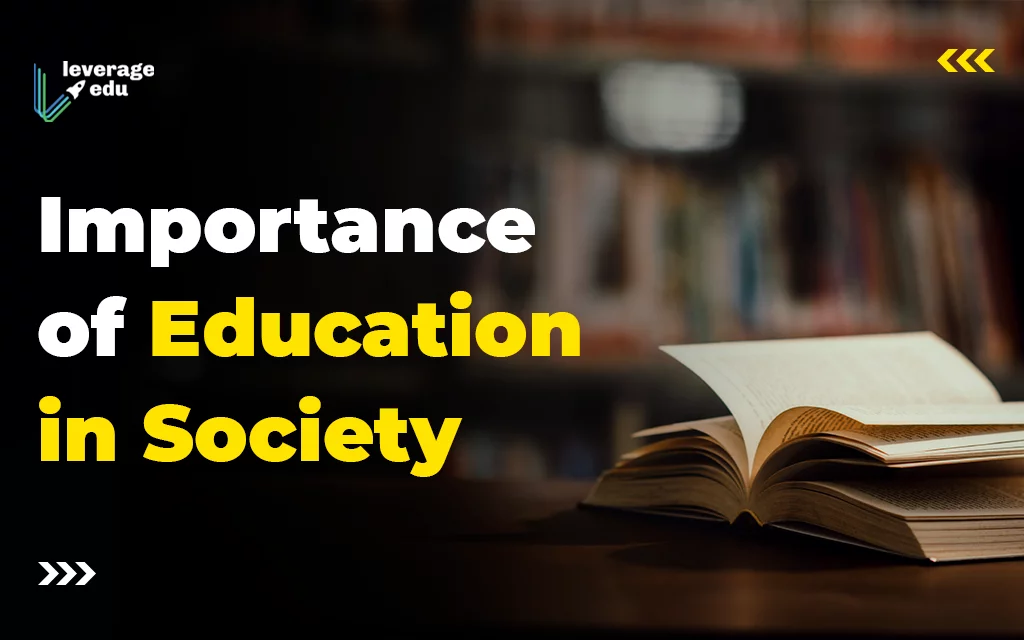Explain the different Perspectives of Learning.
The Concept of Different Perspectives of Learning.
Behaviorist Perspective:
Behaviorism is a learning theory that only focuses on objectively observable behaviors and discounts any independent activities of the mind. Behavior theorists define learning as nothing more than the acquisition of new behaviour based on environmental conditions. Experiments by behaviorists identify conditioning as a universal learning process. There are two different types of conditioning, each yielding a different behavioral pattern:
Classic conditioning: occurs when a natural reflex responds to a stimulus. We are biologically “wired” so that a certain stimulus will produce a specific response. One of the more common examples of classical conditioning in the educational environment is in situations where students exhibit irrational fears and anxieties like fear of failure, fear of public speaking and general school phobia.
Operant conditioning: occurs when a response to a stimulus is reinforced. Basically, operant conditioning is a simple feedback system. If a reward or reinforcement follows the response to a stimulus, then the response becomes more probable in die future. For example, leading behaviorist B.F. Skinner used reinforcement techniques to teach pigeons to dance and bowl a ball in a mini-alley.
Cognitive Perspective.
The cognitive perspective is considered to be the source of learning. The genesis of knowledge according to cognitive psychologists is in the active cognition of mind. They assumed that sensory experience only provides raw data as a potential source of information, which is interpreted in the mind through the way of reasoning thus:
- Reason is the source of knowledge.
- Perceptions are unitary, meaningful holistic.
Learning is explained as a process of knowledge acquisition that is the result of perceptual experience. This results in change of the likelihood to act differently even though this may not necessarily be demonstrated in the form of changed behaviour.
Cognitive structuralists believe that schemata are significant to cognitive learning. Piaget postulated action to be the source of knowledge, suggesting, one way of dealing with the Cartesian Impasse, i.e. explaining how external reality becomes internal knowledge.
Constructivist Perspective.
Piaget emphasized that child constructs his knowledge by his own actions. Action performed in specific situations leads to the development of universal, general structures (schemas), which cut across contexts and domains. He explained the process of adaptation through the concepts of schema, assimilation, accommodation and equilibration. Such an explanation left no scope for individual, contextual or content domain variations. The four stages of cognitive development proposed by Piaget are:
- Sensorimotor stage (birth to 18-24 months).
- Preoperational stage (2 to 7 years).
- Concrete operational stage (7 to 11 years), and
- Formal operational stage (over 11 years).
In the sensorimotor stage the child graduates from the reflexive activities to more organized forms of activity, like solving a simple problem.
In the preoperational stage children begin to make decisions based on their perceptions as they yet tack a sense of logic.
In the concrete operational stage children develop the ability to think logically when the situation is concrete. In the fourth and final stage of cognitive development, Piaget children become increasingly, able to use logical thought processes.
Lev, Vygotsky gave an alternative view to Piaget’s approach to construction of knowledge. He proposed that the stages of development as described by Piaget may not be true for all children. Vygotsky argued that learning is rooted in the socio-cultural set-up of the child where the child is not alone.
The cultural set-up in which the child is immersed provides him with a thinking perspective. He observed that children are capable of solving problems independently which he termed as zone of actual development. But he believed that sometimes children solve problems with support, termed as zone of proximal development.





